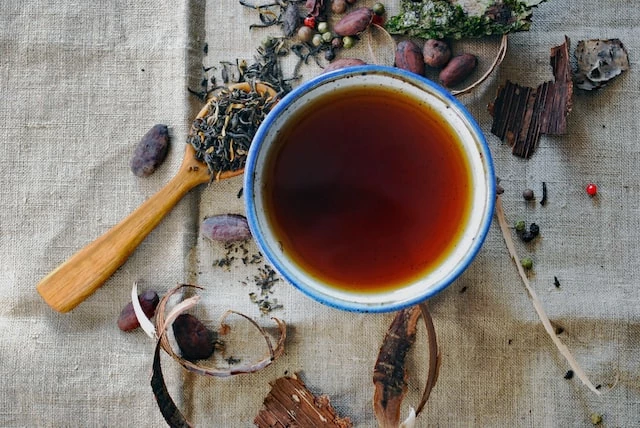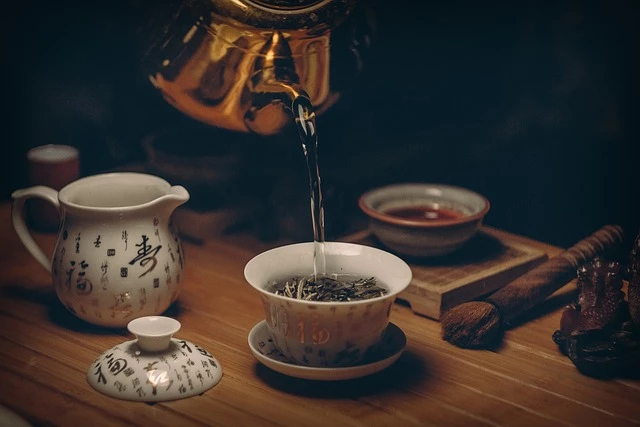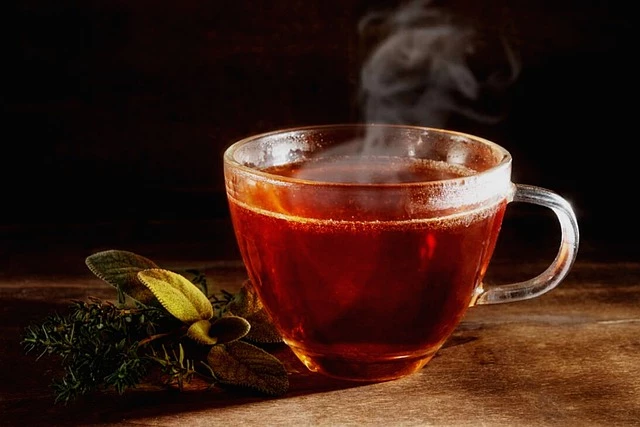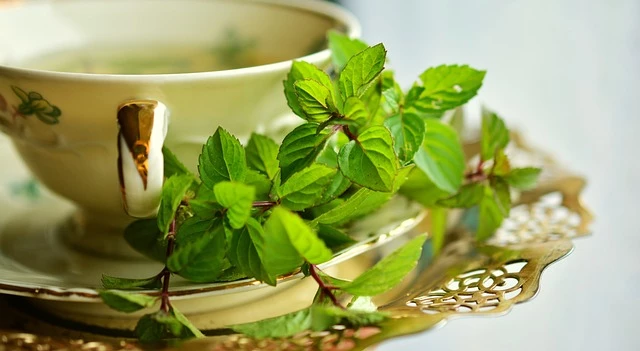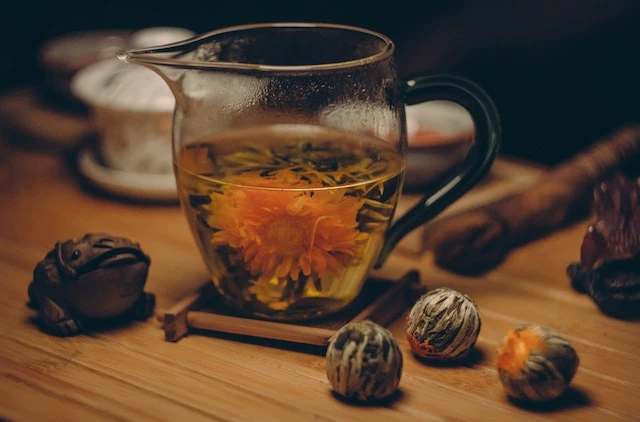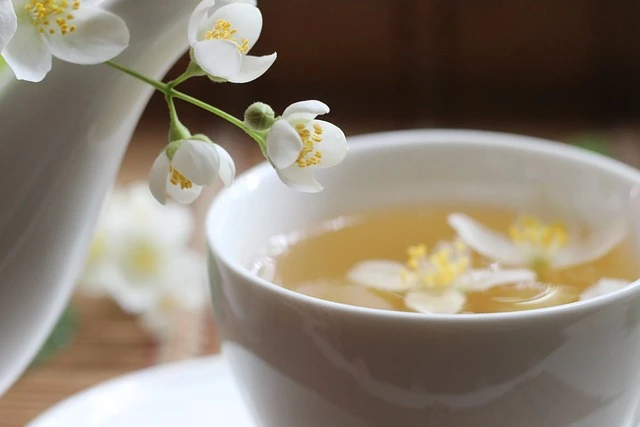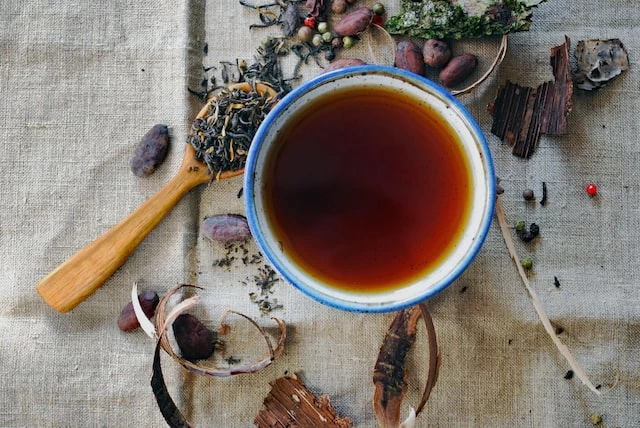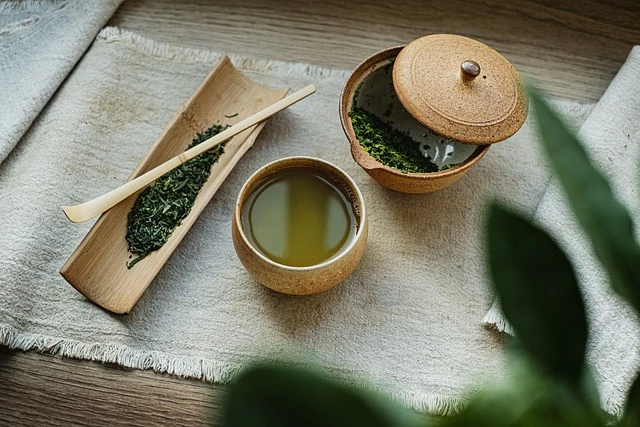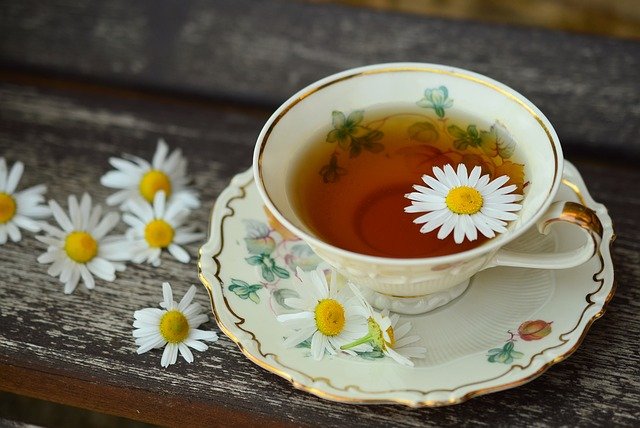Does Iced Tea Have Caffeine?
Mar 16 2023 Tea Caffeine Content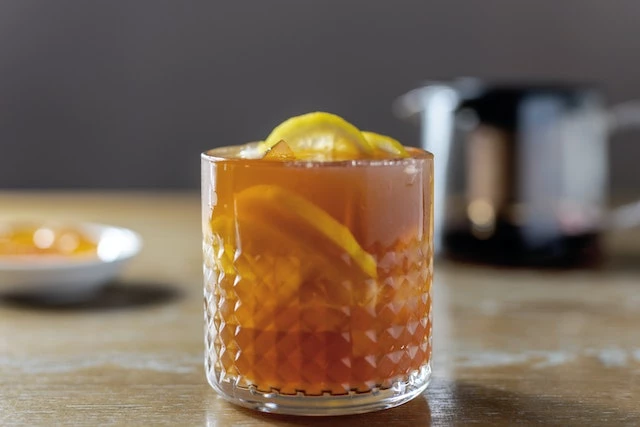
Yes, Iced tea typically contains caffeine because iced tea is often made from tea leaves that naturally contain the caffeine stimulant. The quantity of caffeine in iced tea can vary depending on the factors like the type of tea used, the brewing method, and the serving size. Some teas, such as black tea, contain more caffeine than other tea types, like green tea. Also, some variations of iced tea, such as decaffeinated iced tea, have the caffeine removed. If you are looking for caffeine-free iced tea, you should look for decaffeinated options or those made from herbal teas.
How Much Caffeine is in Iced Tea?
The caffeine level in iced tea can vary depending on several factors.
Black tea, one of the most used types of iced tea, typically contains around 14-70 mg of caffeine per 8-ounce serving. Similarly, an average cup of coffee contains about 95 mg of caffeine.
For comparison, green tea contains less caffeine than black tea, with an average of 8-36 mg per 8-ounce serving. Herbal teas, not including those made from the Camellia sinensis plant leaves, do not contain caffeine.
The serving size is also one of the factors that can have an impact on the caffeine level of iced tea. A larger serving size will generally have more caffeine than a smaller serving size, and some iced tea drinks, such as those from vending machines, can be larger than a typical 8-ounce serving.
It’s worth mentioning that decaffeinated iced tea, which goes through a process of removing caffeine, will contain less caffeine, sometimes less than 2 mg per 8 oz serving.
The caffeine level may also vary depending on the brand of iced tea and the preparation method, so it is always best to check the label or ask the manufacturer for information on the caffeine content.
What are the Effects of Caffeine on Iced Tea?
Positive effects of caffeine in iced tea include:
- Increased alertness and energy: Caffeine can boost the activity of neurotransmitters in the brain, such as dopamine and norepinephrine, improving mood and cognitive function.
- Improved athletic performance: It can also improve physical performance by increasing fat for fuel during exercise and reducing the perception of pain and fatigue.
- Increased metabolism: Caffeine can boost metabolism, aiding in weight loss.
However, consuming too much caffeine can lead to negative effects such as:
- Insomnia: Caffeine can impact sleep, making it harder to fall asleep.
- Anxiety: High doses of caffeine can cause feelings of agitation and nervousness.
- Digestive issues: Caffeine can cause nausea and diarrhea.
- Rapid heart rate: Caffeine can increase heart rate and blood pressure, which can be dangerous for people with certain heart conditions.
- Dependence: Regular caffeine consumption can lead to physical dependence and withdrawal symptoms when the consumption is reduced or stopped.
The effects of caffeine can vary significantly between individuals. Some may be more sensitive to the caffeine effects than others. Therefore, we suggest consuming caffeine in moderation, which is generally considered to be up to 400mg per day for healthy adults. This corresponds to about 4 cups of iced tea per day. Also, remember that other sources of caffeine, such as soda, coffee, and energy drinks, should also be considered when calculating daily caffeine intake.
How to Reduce Caffeine in Iced Tea?
There are several ways to reduce the caffeine content in iced tea:
- Use decaffeinated tea leaves: Decaffeinated tea leaves have had most of the caffeine removed through a process such as soaking in water and/or using solvents. Using decaffeinated tea leaves is a guaranteed way to reduce caffeine content, but note that it can change the flavor of the tea a little bit.
- Steep for a shorter period of time: The longer tea leaves are steeped, the more caffeine is extracted from the leaves. Steeping tea leaves for a shorter period can reduce the caffeine in the final product.
- Use fewer tea leaves: A smaller amount of tea leaves can also reduce the caffeine level in iced tea.
- Brew with cooler water: This method can help to extract less caffeine from the tea leaves, as caffeine is more soluble in hot water than in cold water.
- Dilute with water or other liquids: Diluting iced tea with water or other drinks can lower the caffeine content per serving.
- Mix decaffeinated tea with caffeinated tea: Mixing decaffeinated tea with regular tea can reduce the caffeine content.
These methods may not remove all the caffeine, but they can significantly reduce the caffeine level of iced tea. Additionally, it’s always best to check the label or ask the manufacturer for information on the caffeine content of iced tea if you are looking for a low-caffeine option.
Which Type of Iced Tea has the Most Caffeine?
Several types of iced teas can have a high caffeine content:
Black Iced Tea
Black tea is made from the leaves of the Camellia sinensis plant, and it is one of the most commonly used tea types for iced tea. It typically contains around 14-70 mg of caffeine per 8-ounce serving.
Iced Green Tea
Green tea is made from the leaves of the Camellia sinensis plant, but it is not fermented like black tea. As a result, green tea contains less caffeine than black tea, with an average of 8-36 mg per 8-ounce serving.
Iced Chai
Chai is a traditional Indian tea that is made from a combination of black tea leaves and various spices such as ginger, cardamom, cinnamon, and cloves. It contains caffeine, around 14-70 mg per 8-ounce serving.
Iced Black Tea Lemonade
This is a combination of black tea and lemonade, which gives a refreshing and fruity flavor. It also contains around 14-70 caffeine mg per 8-ounce serving.
Iced Matcha Tea
Matcha tea is made from green tea leaves that have been ground into a fine powder. It is typically consumed in small amounts but still contains caffeine, around 8-36 mg per 8-ounce serving.
Does Hot Tea Have More Caffeine Than Iced Tea?
Hot tea can have more caffeine than iced tea, but it depends on the brewing method and the type of tea used.
Generally, the caffeine content of hot tea can be higher if the leaves are steeped for a long time or with hotter water. This is because a longer steeping time or higher temperature water will extract more caffeine from the leaves. However, a shorter steeping time or cooler water will extract less caffeine.
Also the type of tea used can also impact determining the caffeine level. For example, black tea, a popular choice for making iced tea, contains more caffeine than green tea.
However, it’s worth noting that iced tea is often served in more significant portions than hot tea, so even if the caffeine content is the same, you may consume more caffeine overall when drinking iced tea.
It’s always best to check the label or ask the manufacturer for information on the caffeine content of hot and iced tea if you are looking for a low-caffeine option. Additionally, it’s also best to monitor your tolerance, as caffeine sensitivity can vary significantly among people.
The Final Thoughts
In conclusion, iced tea typically contains caffeine, as it is often made from tea leaves that naturally contain the stimulant. The amount of caffeine in iced tea can vary depending on the type of tea used, the brewing method, and the serving size. Other types of iced teas include iced black tea lemonade, iced chai, and iced matcha tea, which also contain caffeine. It’s important to consume caffeine in moderation, which is generally considered up to 400mg per day for healthy adults, and to monitor personal tolerance, as caffeine sensitivity can vary significantly among people. If you are looking for a low-caffeine option, consider decaffeinated iced tea or those made from herbal tea. It’s always best to check the label or ask the manufacturer for information on the caffeine content of iced tea.
Also, read our other articles about caffeine content!
Does Tea Have Caffeine
Does Black Tea Have Caffeine?
Does Green Tea Have Caffeine?
Does Herbal Tea Have Caffeine?
Does White Tea Have Caffeine?
Does Rooibos Tea Have Caffeine?
Does Oolong Tea Have Caffeine?
Does Pu erh Tea Have Caffeine?
Does Sweet Tea Have Caffeine?
Does Yerba Tea Have Caffeine?
Caffeine in Tea vs Coffee

